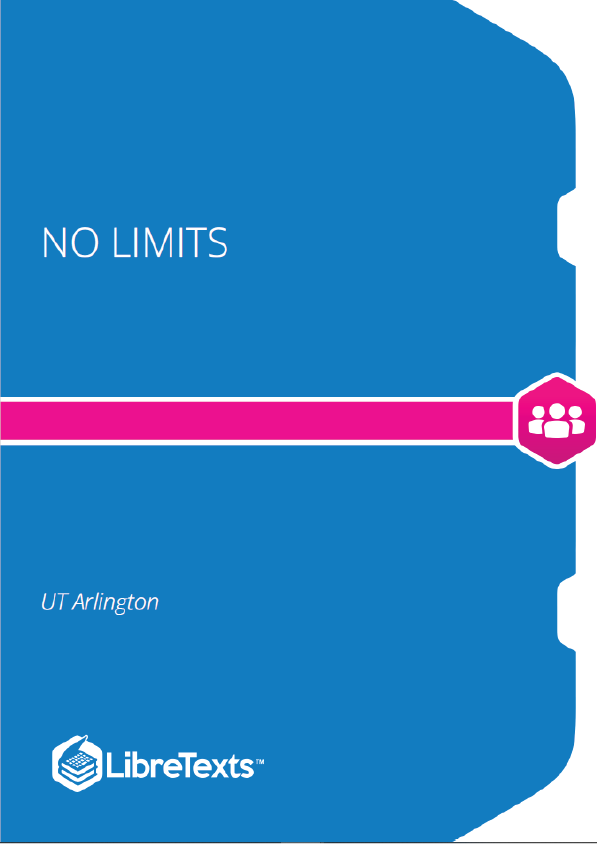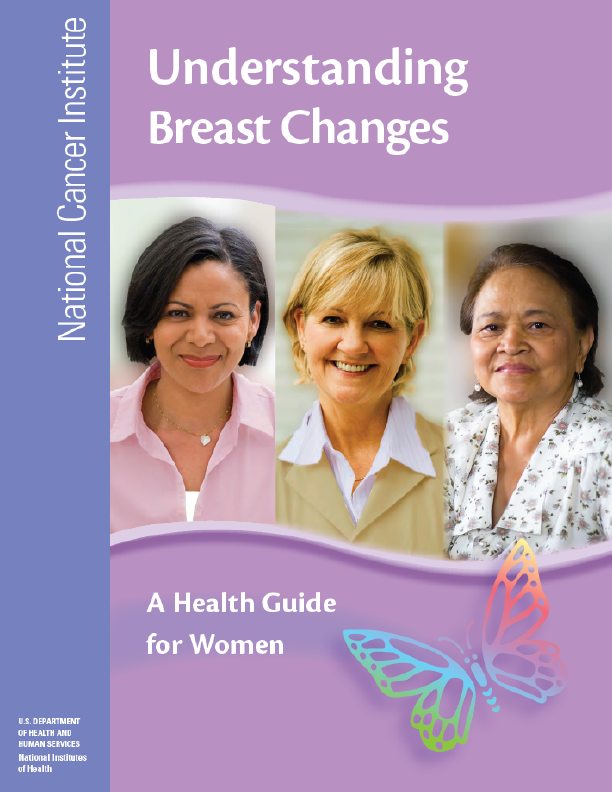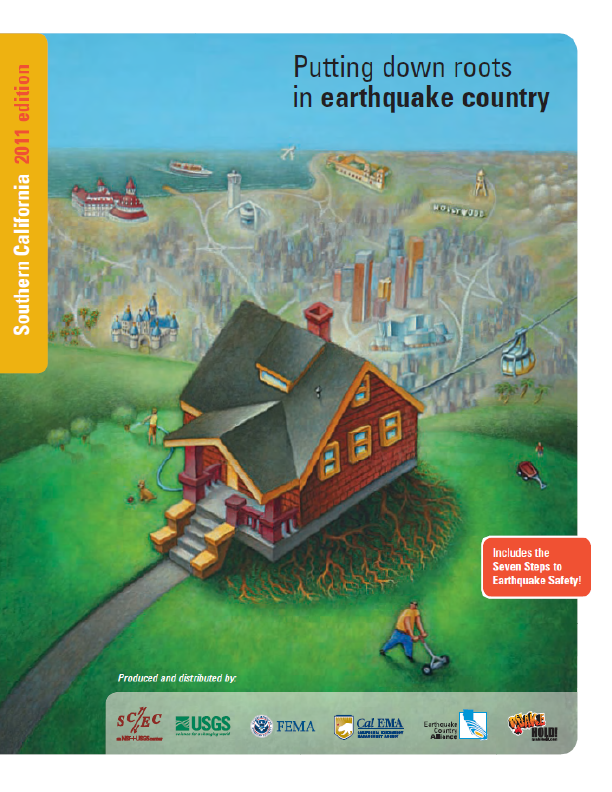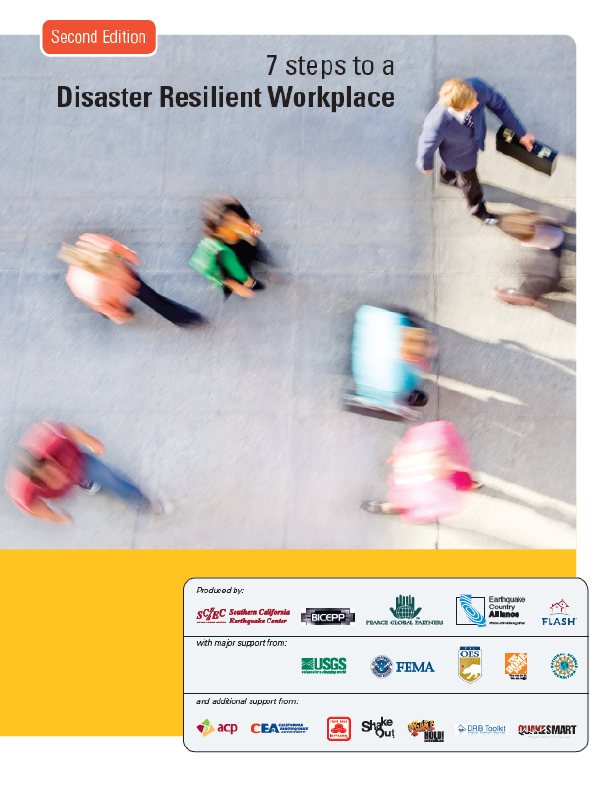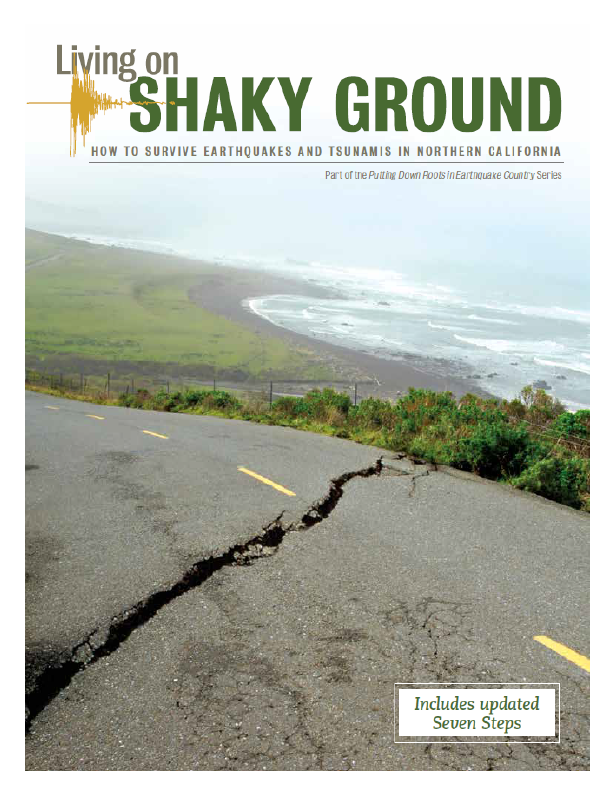Student Success and First Year Experience are learning community courses at UTA that teach new students academic success skills to aid their transition to college. The goal of the courses is to help students identify their individual needs, determine what resources are appropriate, recognize the faculty role in their development, and formulate a plan for an actively engaged and enriched experience from campus to career. The courses will be taught by Peer Academic Leaders (PALs) and faculty, staff and/or graduate students to provide guidance, raise awareness and understanding of students’ majors and help support collaborative and co-curricular opportunities available within the School/College. This open educational resource is the required textbook for both courses.
Historical Perspective Historically, a university is considered an organized group of scholars and students in which the scholars lead the learning process and investigation (i.e., research) and, in essence, taught students to be scholars themselves. In Europe during the medieval times, universities tended to be regionally located and established by local municipal administrations, kings, or the Catholic Church. In early times, the basis for the curriculum was the trivium (grammar, rhetoric, and logic) and the quadrivium (arithmetic, astronomy, geometry, and music) with the primary purpose of developing well-rounded and well-educated individuals; students could then also study medicine, law, and theology (Haskins, 1923). Similarly, Tobin (2009) stated that modern public universities in the United States grew to meet the social and economic needs of a state or region. Post– World War II industrial development required a more educated work force. Through a series of commissions, acts, and federal financial aid programs, public institutions of higher education became an accessible mass education system rather than simply a reward for the elite. The nation’s military began funding students and research programs related to mathematics, science, and foreign languages in response to national security concerns after the launch of the Sputnik I satellite by the Soviet Union. At the same time, higher education in the United States has not only had influence on intellectual life, culture, and politics, but also has driven economic development and social mobility. For instance, current data collected by the U.S. Bureau of Labor Statistics (2009) indicate that unemployment rates decrease and annual earnings increase for workers 25 years and older based on the level of educational degree attainment. Also, individuals are more likely to be employed and earn more money if they have attained a post-secondary degree.
As the increase in students from all walks of life came to the university, the need for student affairs and academic support professionals increased to help students meet the transition and demands of college life and continue to allow the faculty to teach and conduct research, all important for a developing country (Tobin, 2009).
